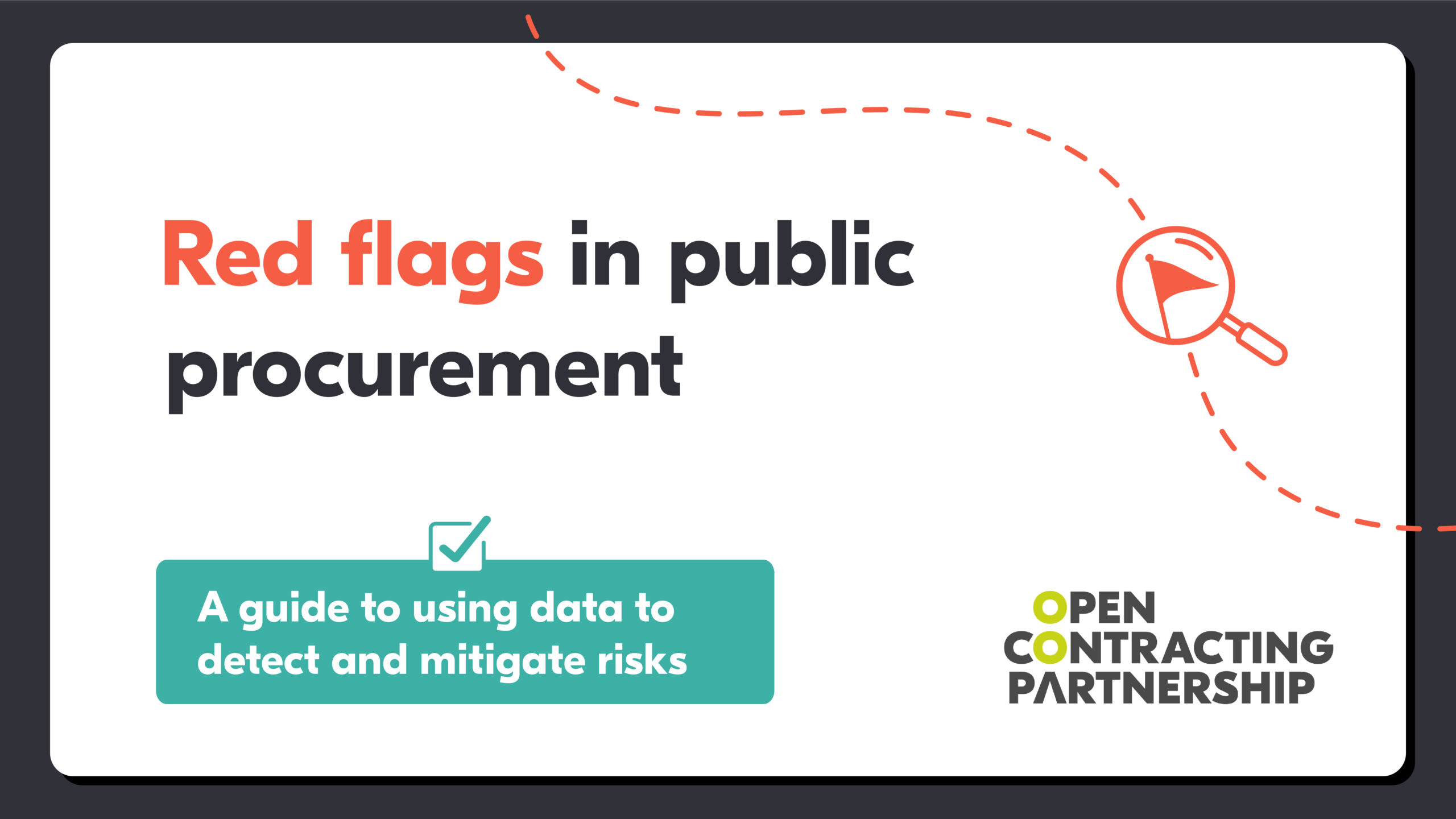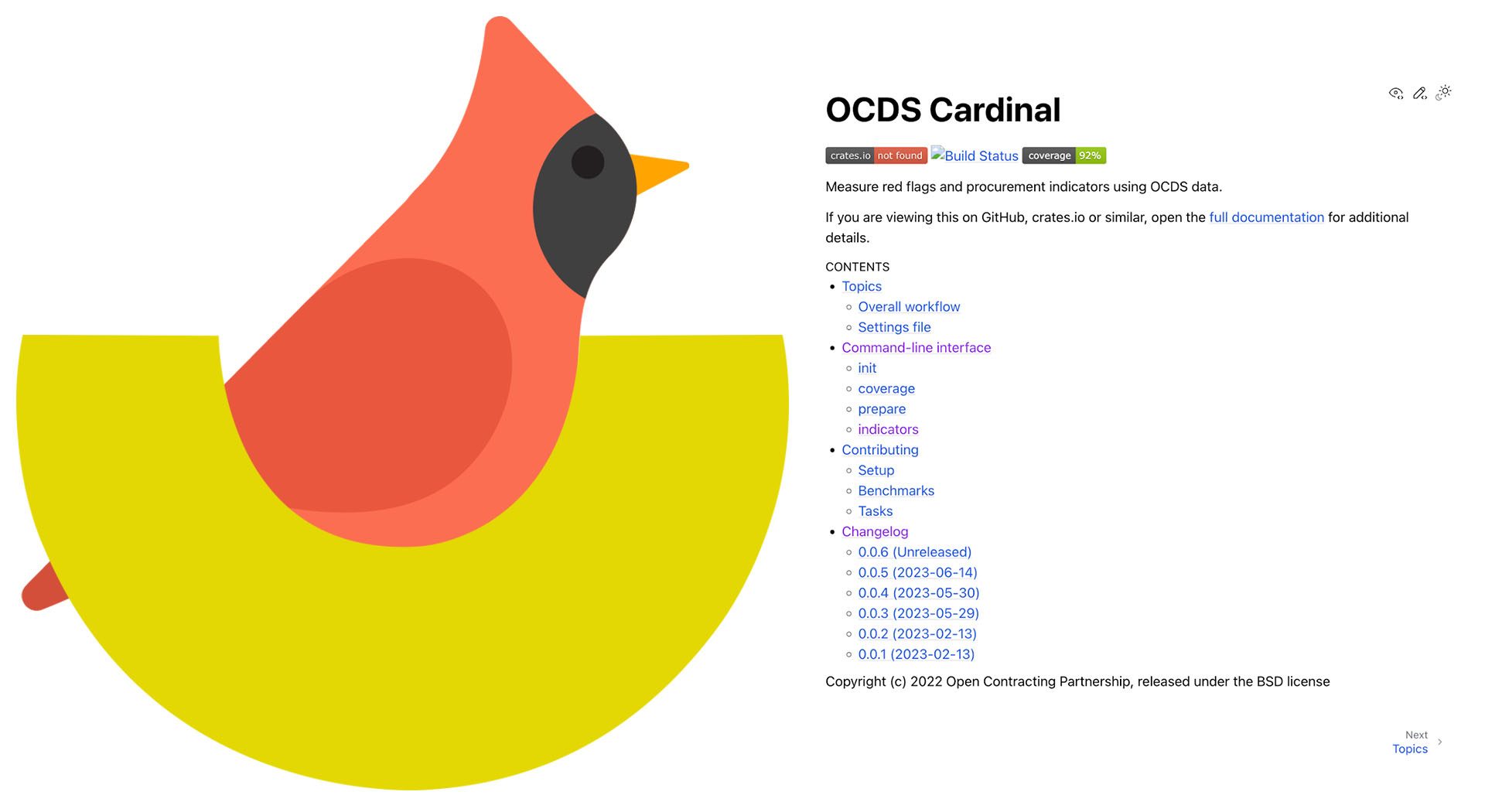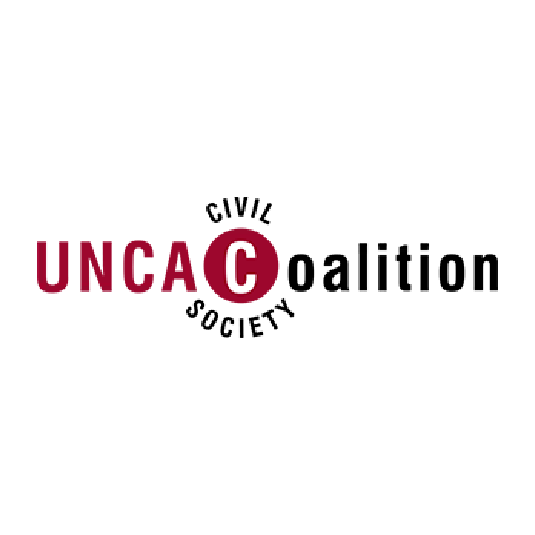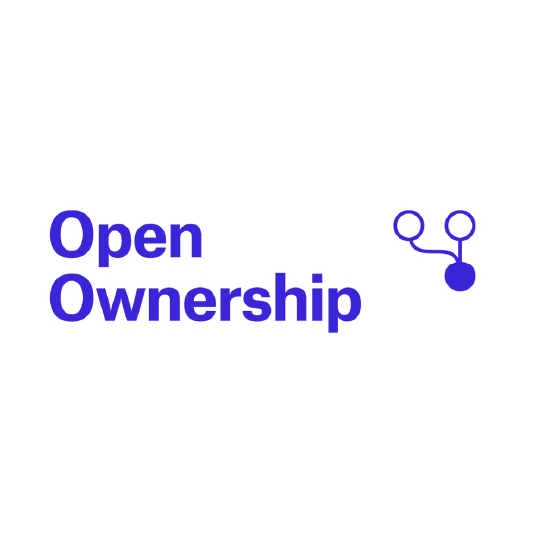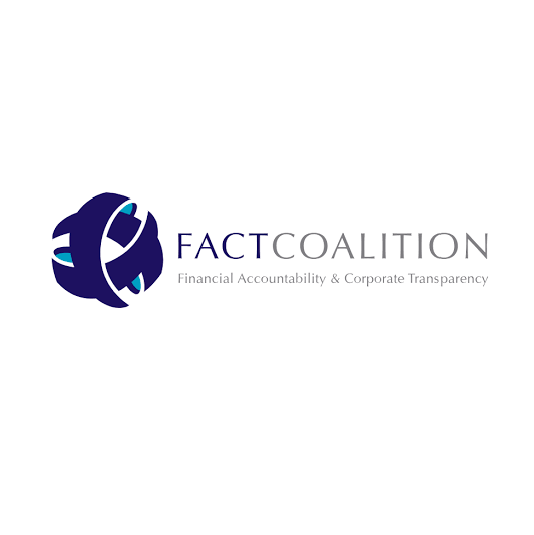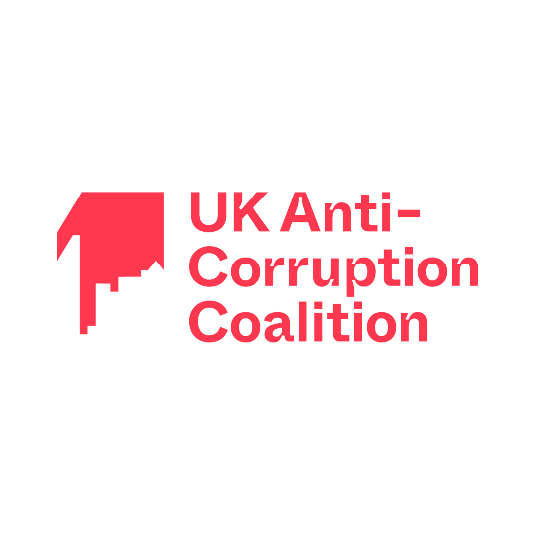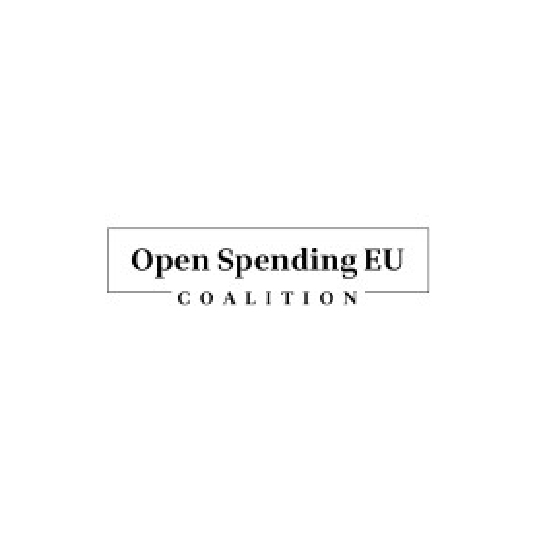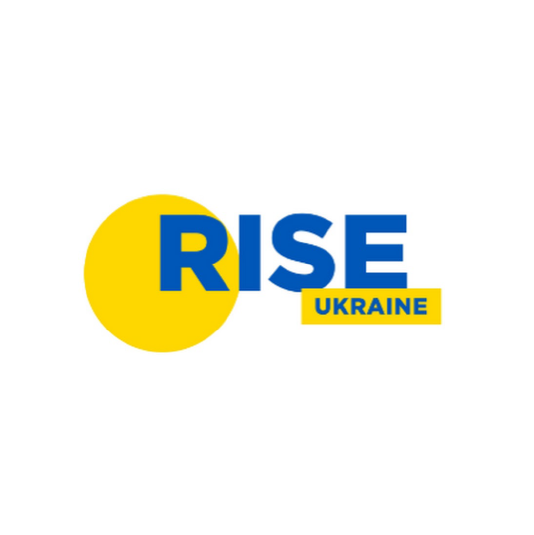Open up public contracting
to fight corruption
Public procurement is where the money, power and the discretion in government are concentrated. Making up 1 in every 3 dollars spent by governments worldwide for a total value of over US $13 trillion, the sums spent on procurement are enormous and make it government’s number one corruption risk. The OECD reports that more than half of foreign bribes by companies were paid to obtain public contracts.
As public procurement touches every part of our lives – from roadworks to school meals to critical medicines – it is where citizens see governments deliver on promises of sustainable development or fall short of their expectations, damaging trust in the fairness and effectiveness of government.
Old school, paper-based or opaque systems increase the risk of public funds being lost to corruption. From awarding contracts to political allies or relatives to cartels of businesses fixing prices and beyond, there are many creative ways to exploit public procurement for personal gain, as detailed in our Idiot’s Guide to Looting Public Contracts and Getting Rich Quick.
Open contracting takes a systemic change approach to this systemic problem using data, technology, civic participation and institutional change. And the evidence shows that open contracting works!
In 2023, the Conference of the States Parties to the UN Convention Against Corruption agreed the first-ever resolution dedicated to public procurement, outlining the key principles of open contracting for anti-corruption and setting the global standard backed by over 180 governments worldwide.
How can anti-corruption professionals get started translating principles into practice?
There are three key pillars:
- A robust legislative and regulatory public procurement framework. Making sure the right rules and regulations are in place to create a competitive, fair, transparent market.
- Proactive disclosure of open data across the whole cycle of public procurement. Getting the tech right so that electronic procurement systems collect and proactively publish valuable data, generating insights and powering analytics and ‘red flags’ risk indicators.
- Monitoring and feedback loops from government, auditors, citizens, media and businesses that enable oversight and feedback on procurement integrity and performance.
The 3 pillars of implementing open contracting for anticorruption
1. Strengthen legal and regulatory procurement frameworks using open contracting good practice policy guidance
Global normative frameworks including the UNCITRAL Model Law, Open Data Charter’s Open Up Guide for Anti-corruption and the UN Resolution on Promoting integrity and transparency in public procurement for the Sustainable Development Agenda provide a north star for what great procurement frameworks and principles look like.
Turning these norms into practice requires a set of laws, regulations and procurement rulemaking at the national and subnational level with strong political buy-in, adequate budget and human resources and clear goals and KPIs. Our Open Contracting Playbook and Open Contracting Legislative Guide collect national good practice examples for inspiration.
2. Transform procurement processes with open data and digital tools
Laws and regulations can only deliver on their intent if the right tools, teams and systems are in place. E-government procurement (e-GP) systems need to involve data users from government, CSOs and suppliers in the process. OCP has a dedicated offer on e-GP transformation and is host to the Open Contracting Data Standard, a free, open source digital public good anyone can use to standardize and publish open data on public procurement.
Actors inside and outside of government can automate red flags monitoring using more than 72 ‘red flags’ – or corruption risk indicators – that help warn governments of potential for fraud, abuse, and waste across the whole procurement cycle. Public procurement data can be linked to critical data on beneficial ownership, conflicts of interest, PEPs and more. Our new tool Cardinal makes it easier to calculate common risk indicators of corruption and collusion in procurement.
3. Empower multi-stakeholder coalitions to monitor public procurement for corruption risk
Data users are critical to making sure open contracting data is turned into active monitoring, insights and feedback to prevent, detect and investigate corruption risks. Coalitions of civic and community monitors, businesses and government can work together to monitor the market for irregularities. Strong independent complaints and reporting mechanisms and swift dispute resolution allow stakeholders to report suspected risks, and even stop corruption in its tracks as we’ve seen in Indonesia and Kazakhstan.
Anti-corruption professionals can work closely with global groups like the UNCAC Civil Society Coalition, OCP and the Open Government Partnership as well as national CSO coalitions, the World Bank, regional development banks, the UNODC and the IMF to promote and embed best practices. Our open contracting community encourages peer learning between governments and civil society organizations to get inspired and replicate great practices. Contact us if you want to know more.
How can OCP help?
Our global team has extensive expertise working with governments, civil society, development banks and supplier networks to support the design of open contracting reforms. We are here to help:
- Share expert advice on legislative and regulatory reforms
- Guide the procurement, design and implementation e-procurement systems
- Support use of our free, open-sourced digital public goods – the OCDS and OCD4IDS
- Connect peers across governments and civil society to learn from each other
- Share good practice examples
- Advise advocates on their campaigns and building a strong coalition of change
Key resources & data tools
Our red flags guide provides a methodology to calculate a list of risk indicators that identify corruption risks throughout the procurement process from planning to implementation, mapped to the Open Contracting Data Standard.
Concerns around confidentiality of information in contracts are arguably the most significant barriers to more openness. This guide proposes five core principles to make contracting information open-by-design to avoid a lazy default of routinely classifying information as confidential.
This new report provides insights and guidance on how countries have cemented open contracting approaches into their legislation modernizing public procurement, supporting reforms that put transparency, efficiency, and equity at its core.
Cardinal allows you to calculate common risk indicators of corruption and collusion in procurement using open contracting data.
The Open Data Charter’s Open Up Guide to Combat Corruption identifies priority datasets, open standards and open data use-cases that governments, civil society and other stakeholders can focus on to tackle corruption at all levels and to respond to increasingly complex corruption networks.
